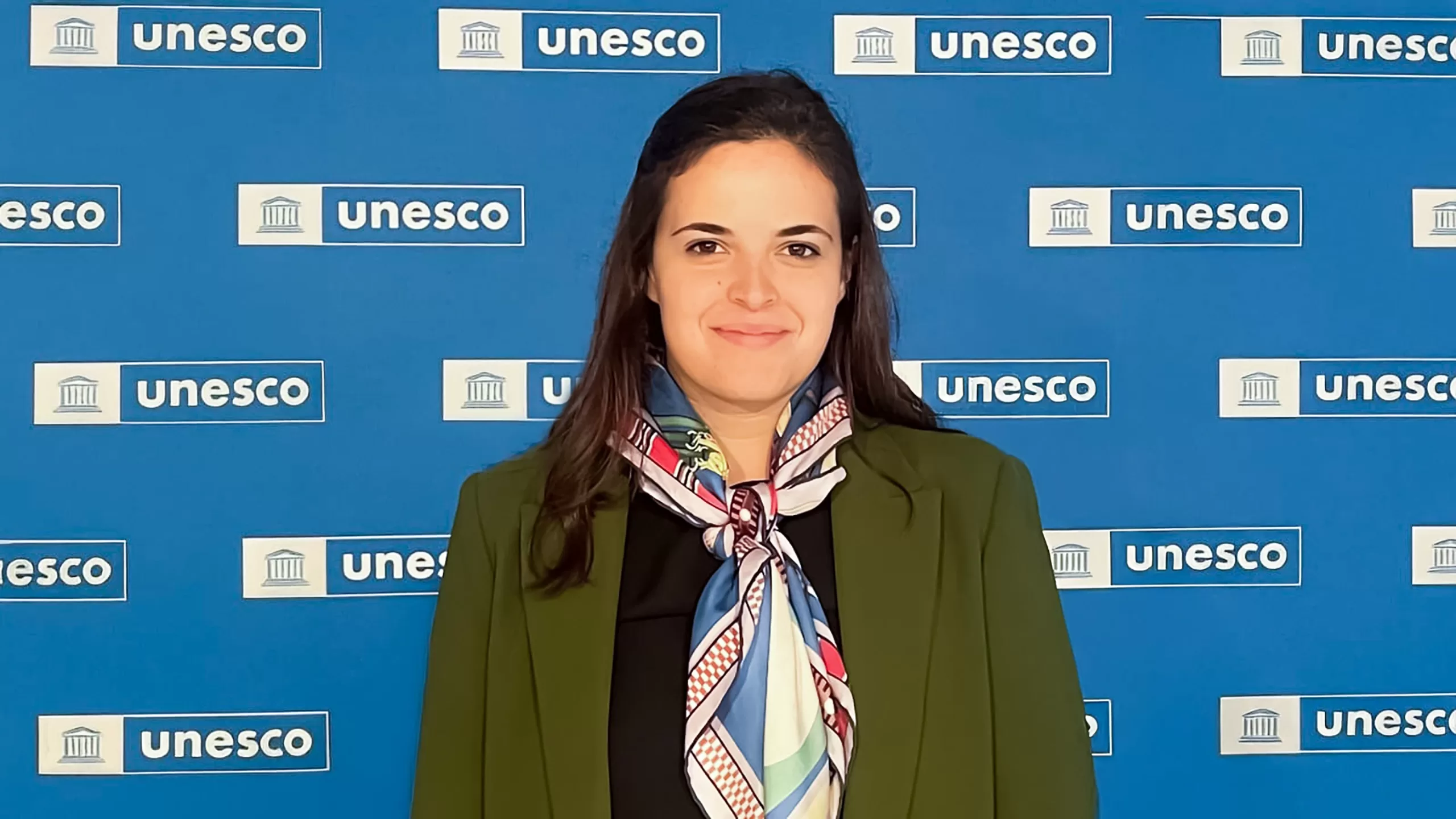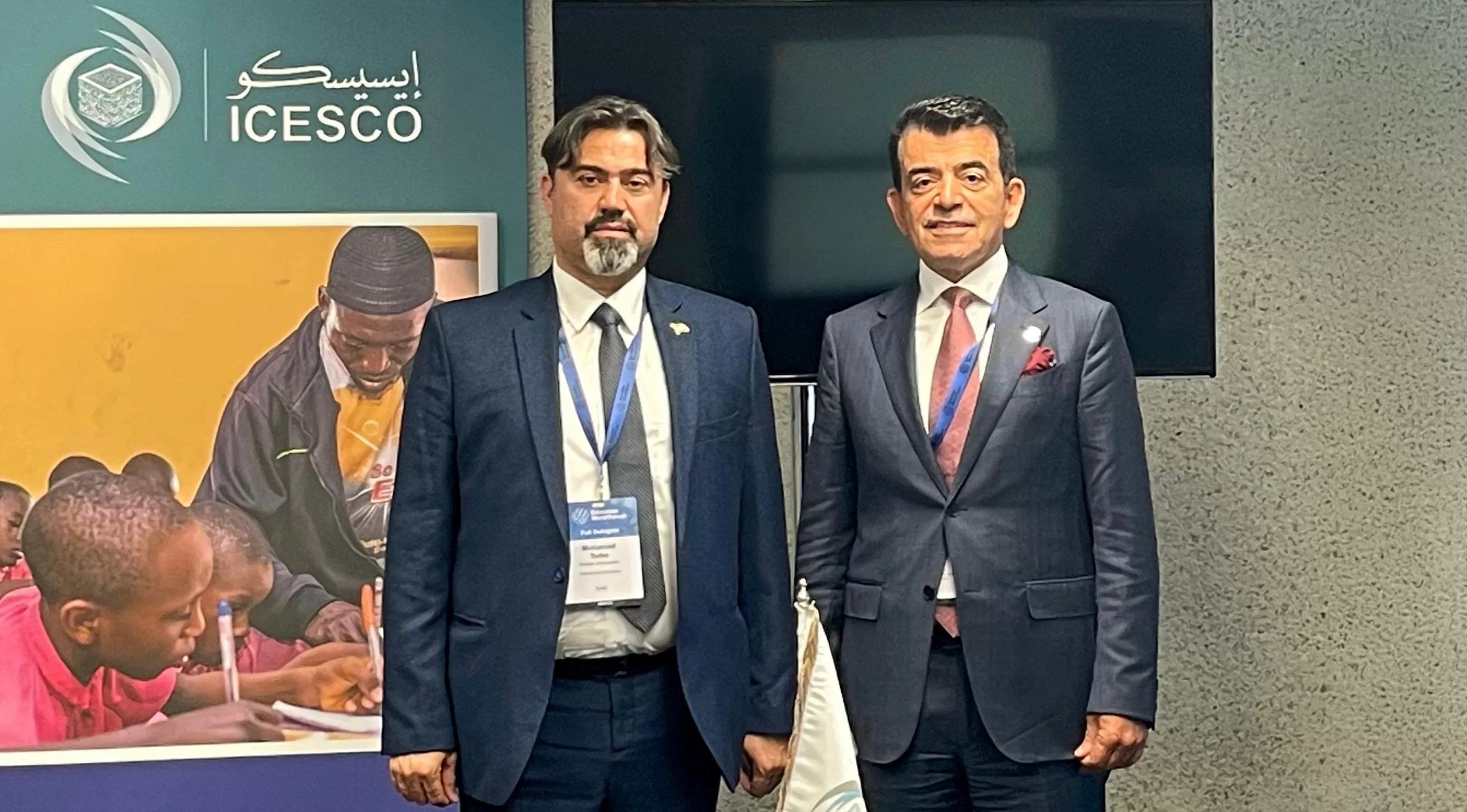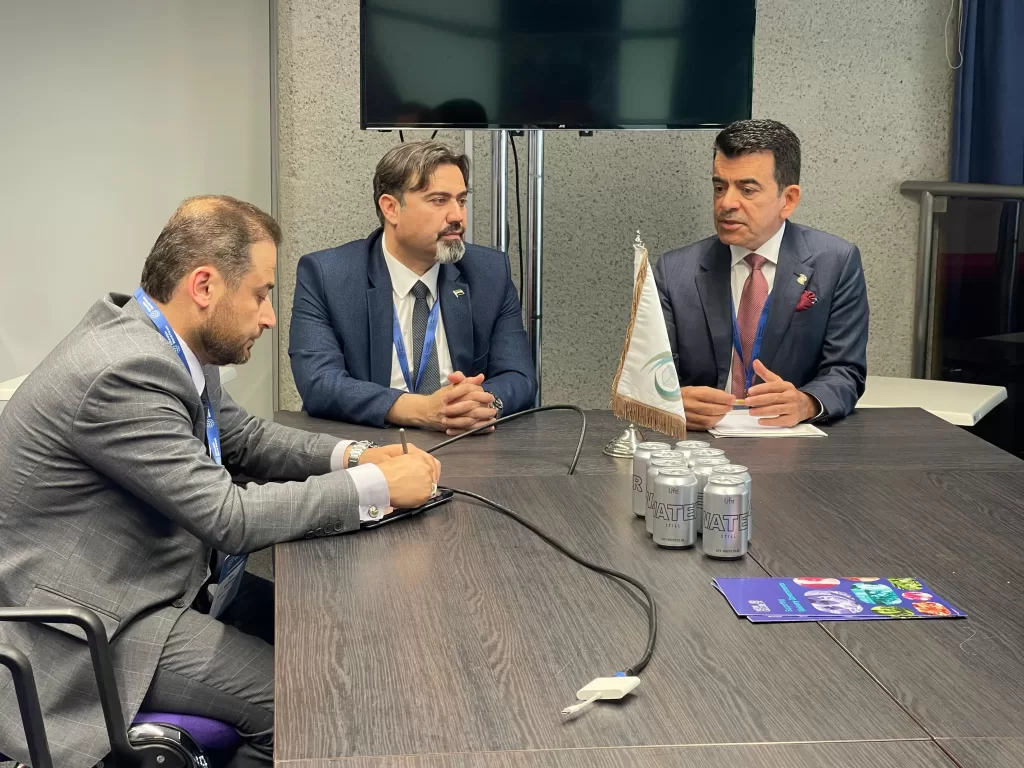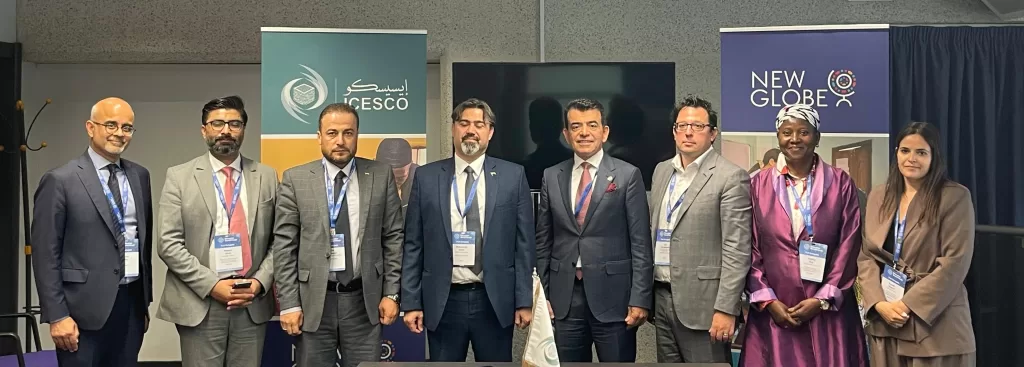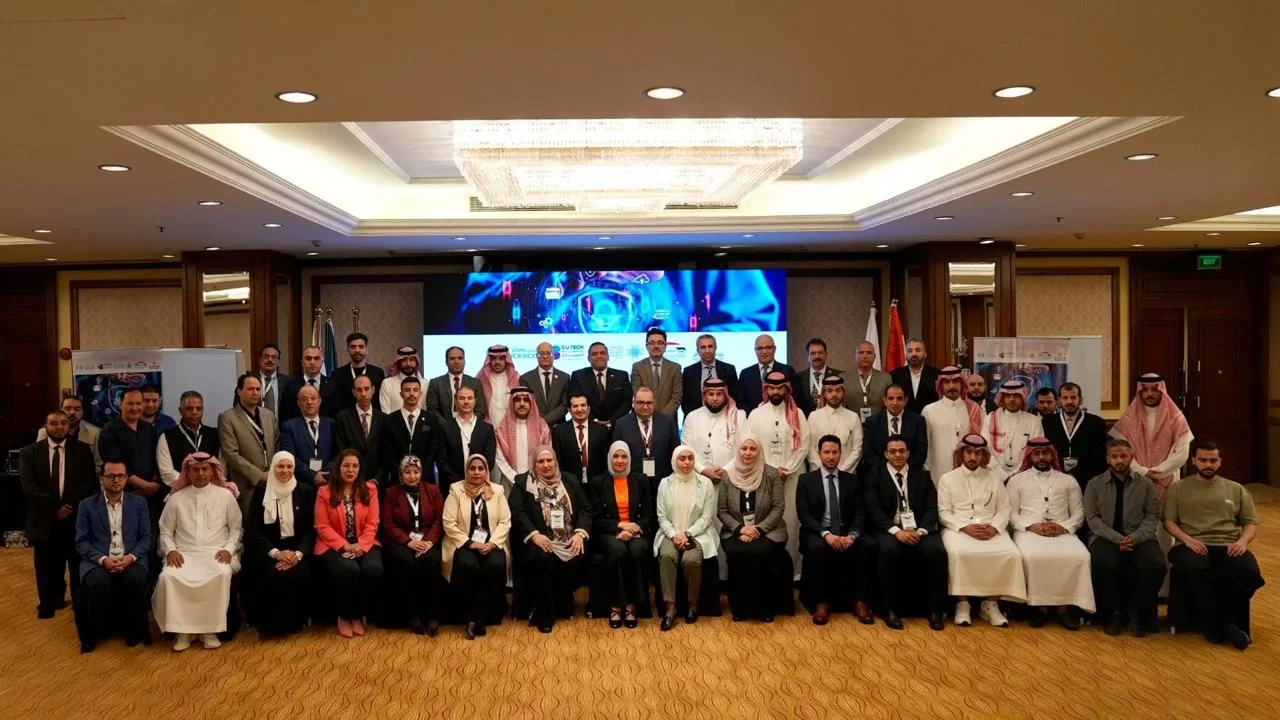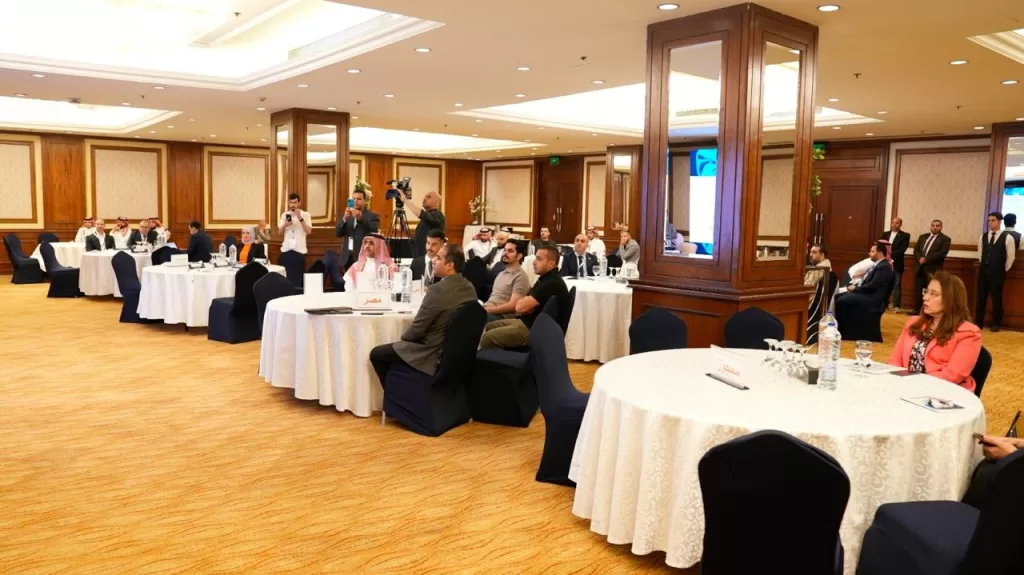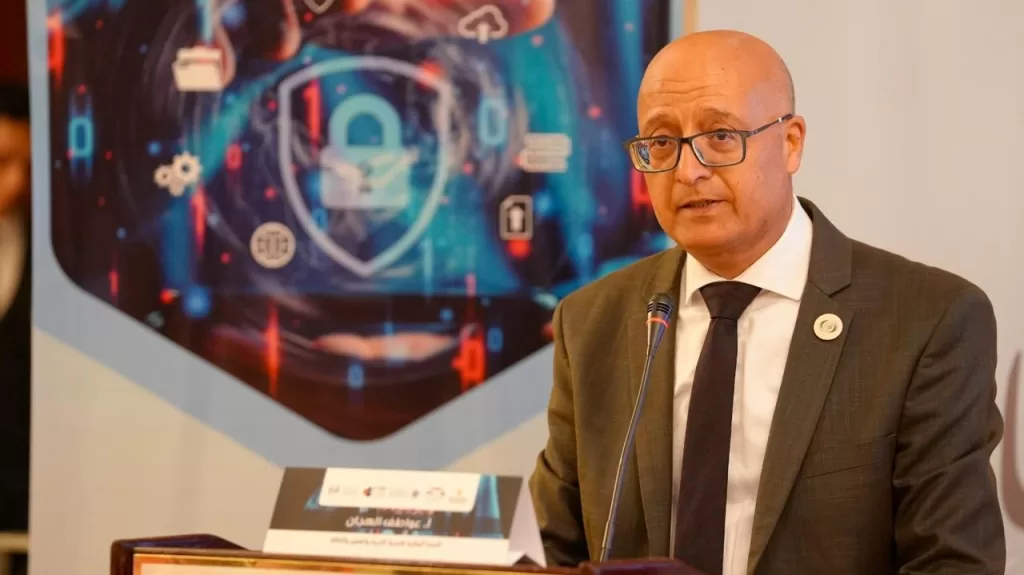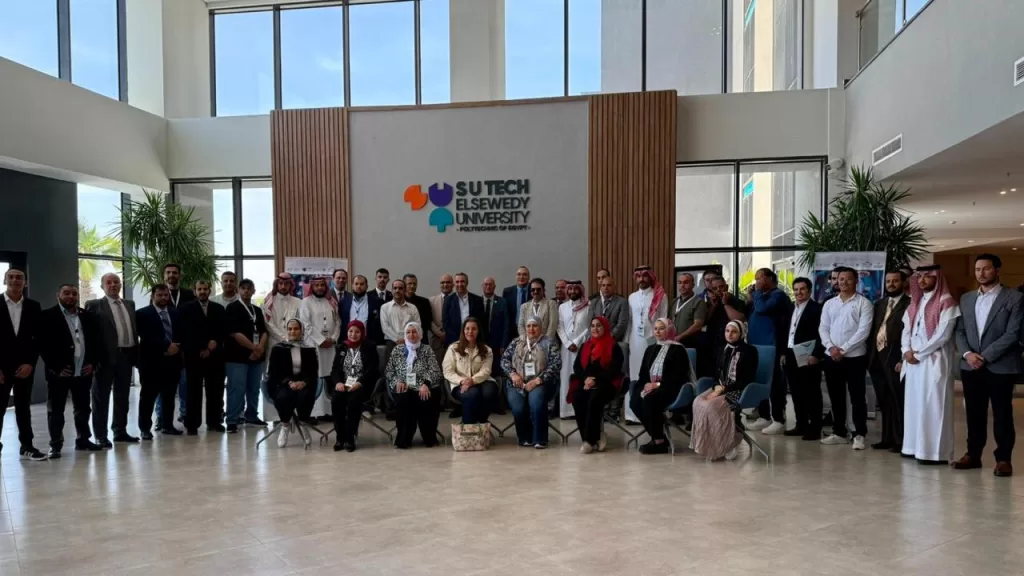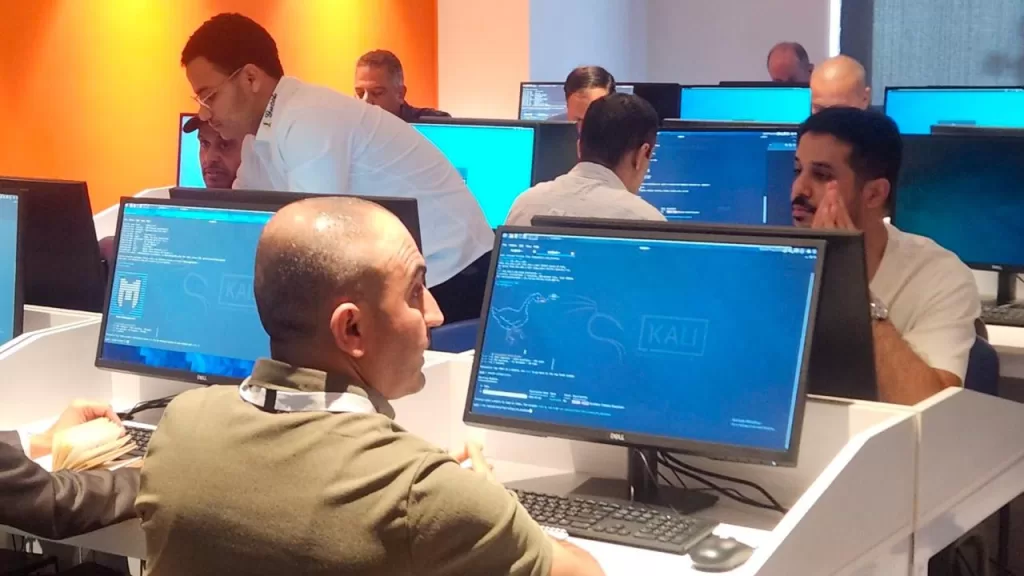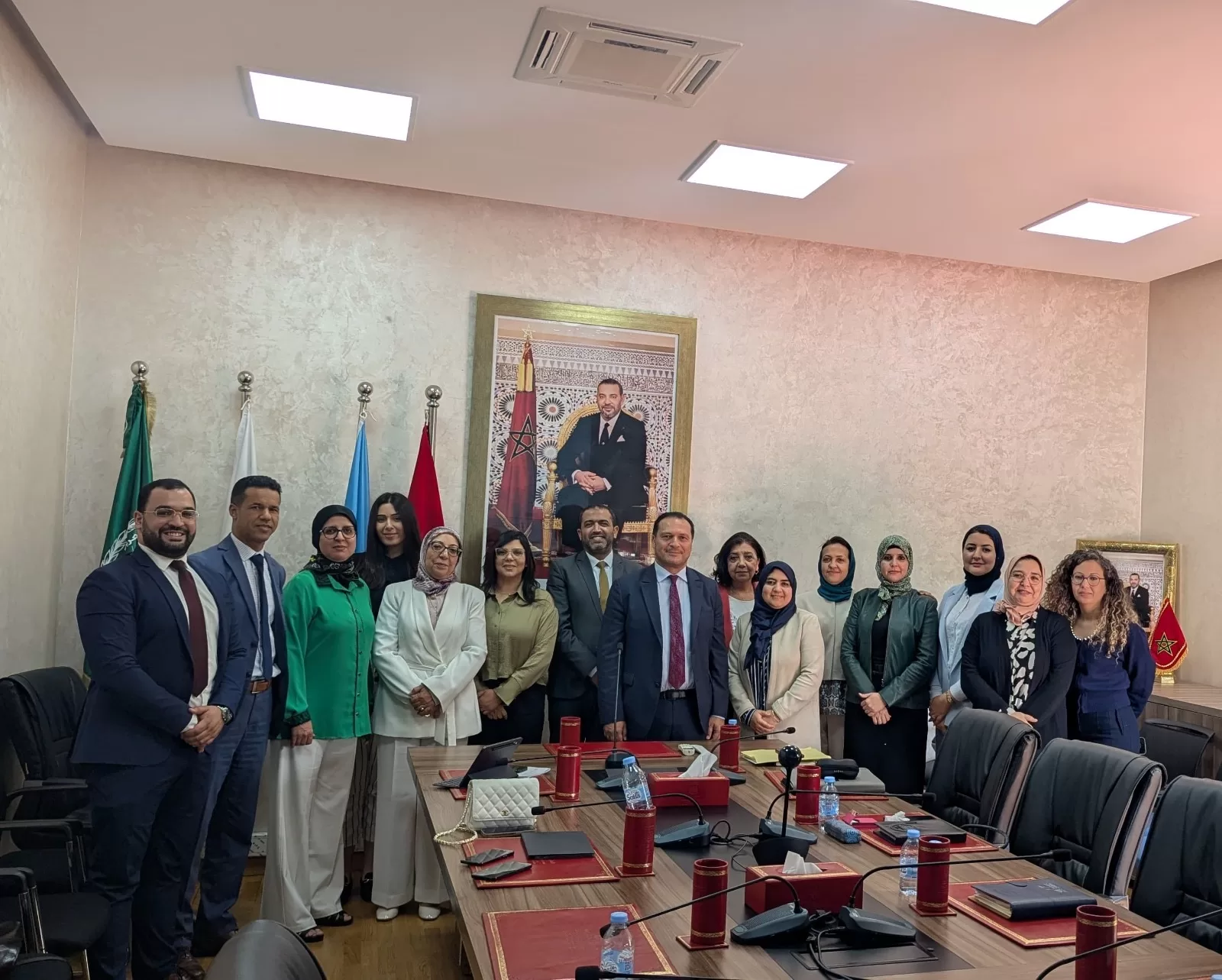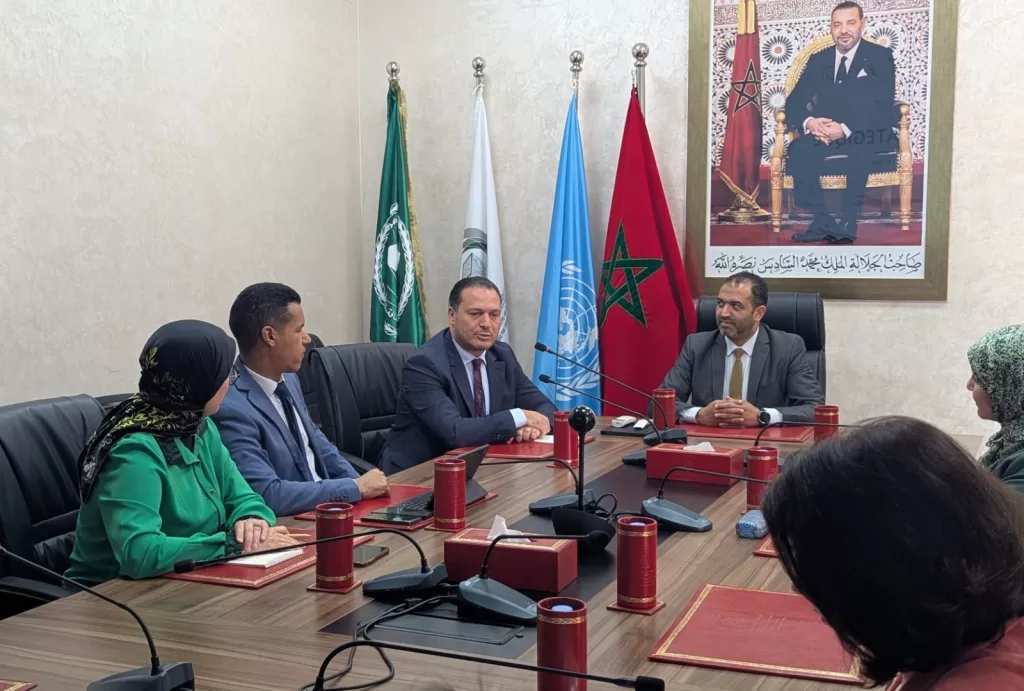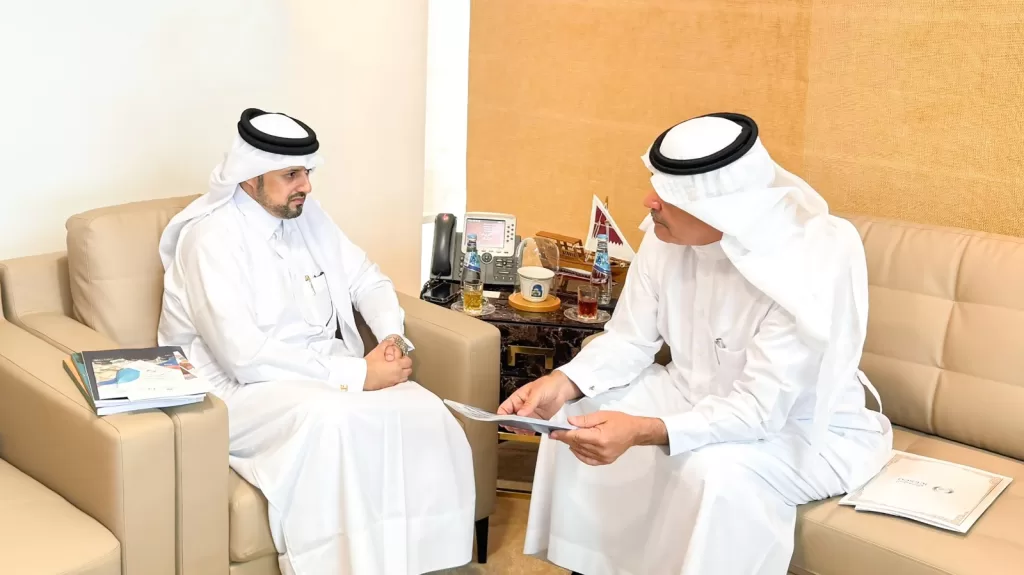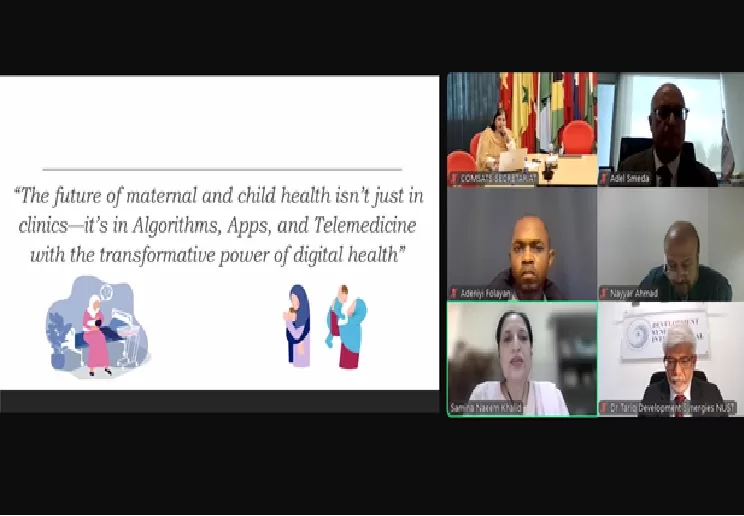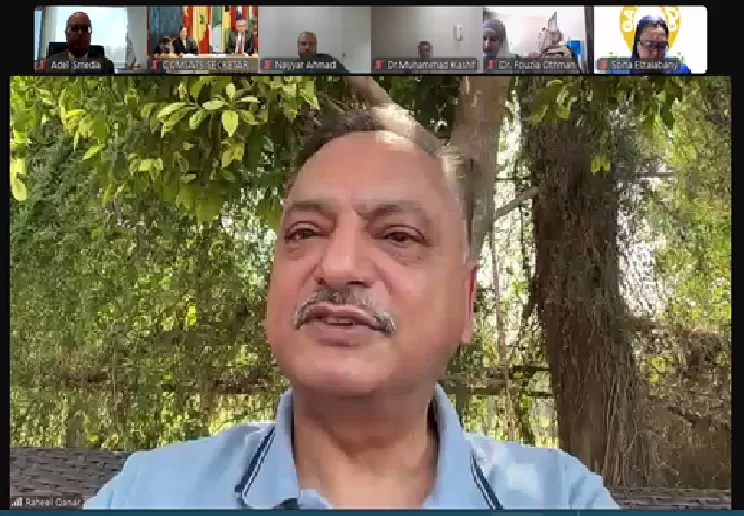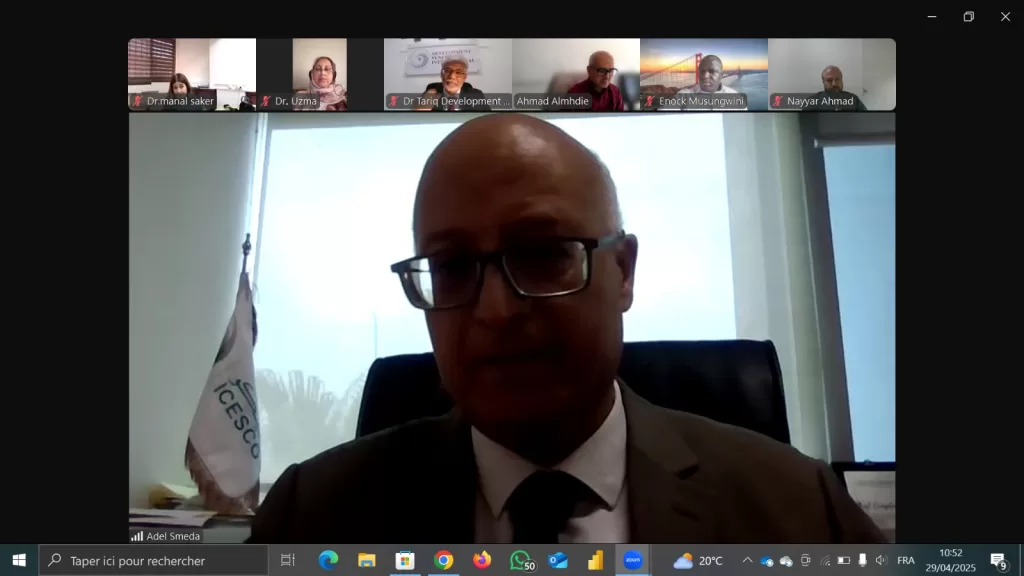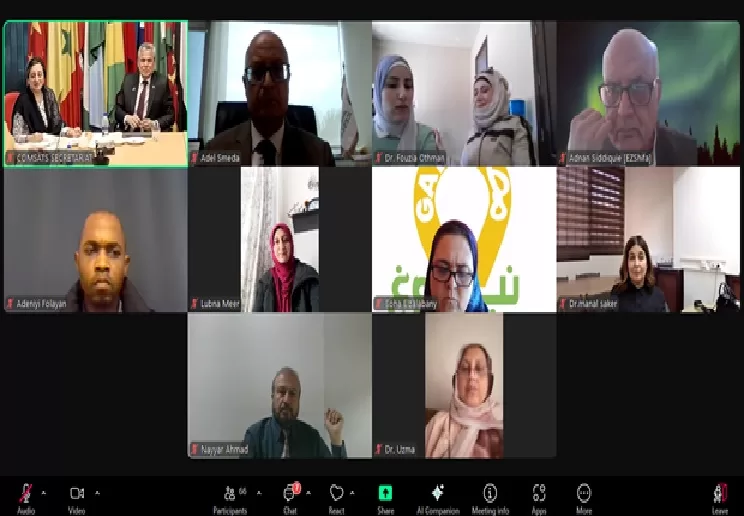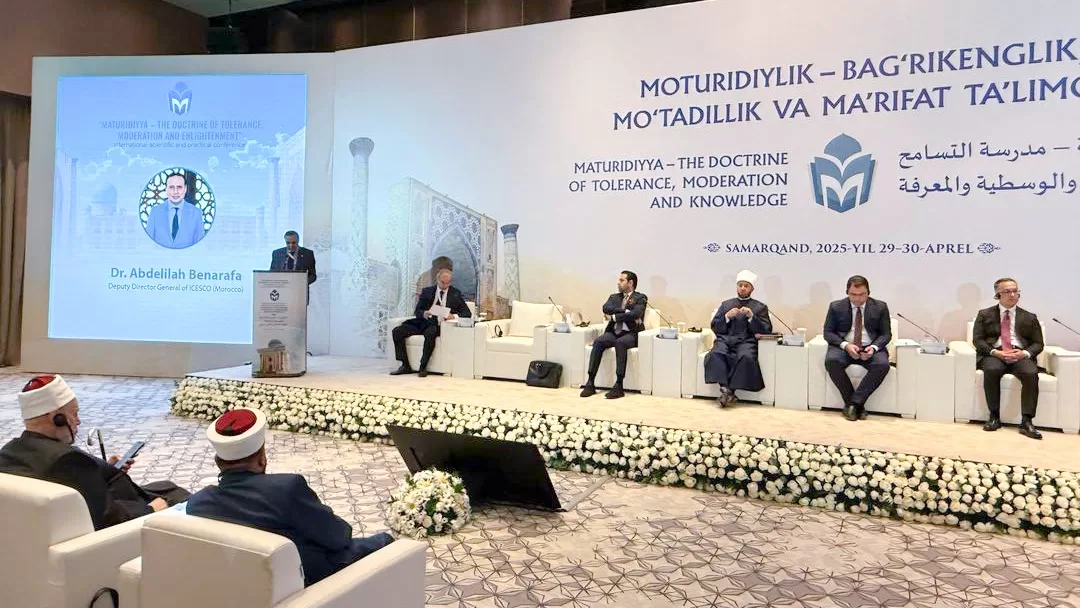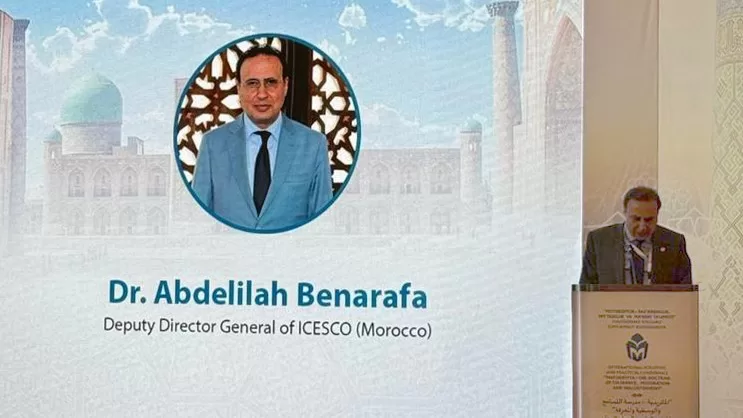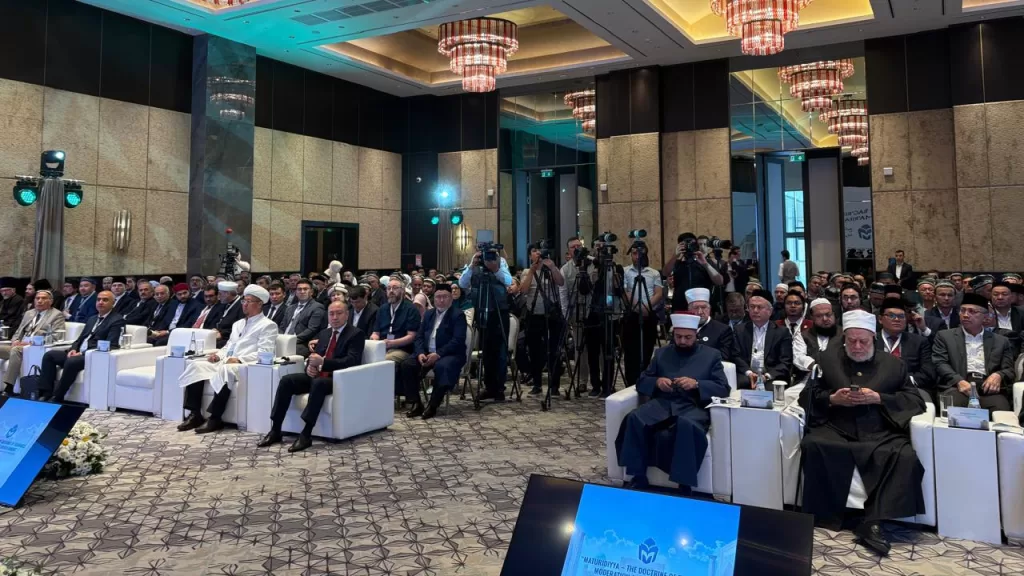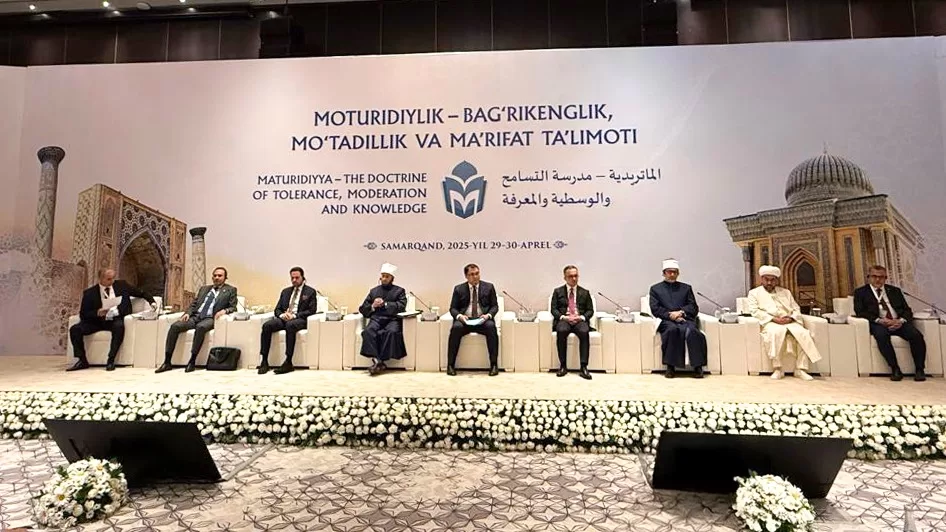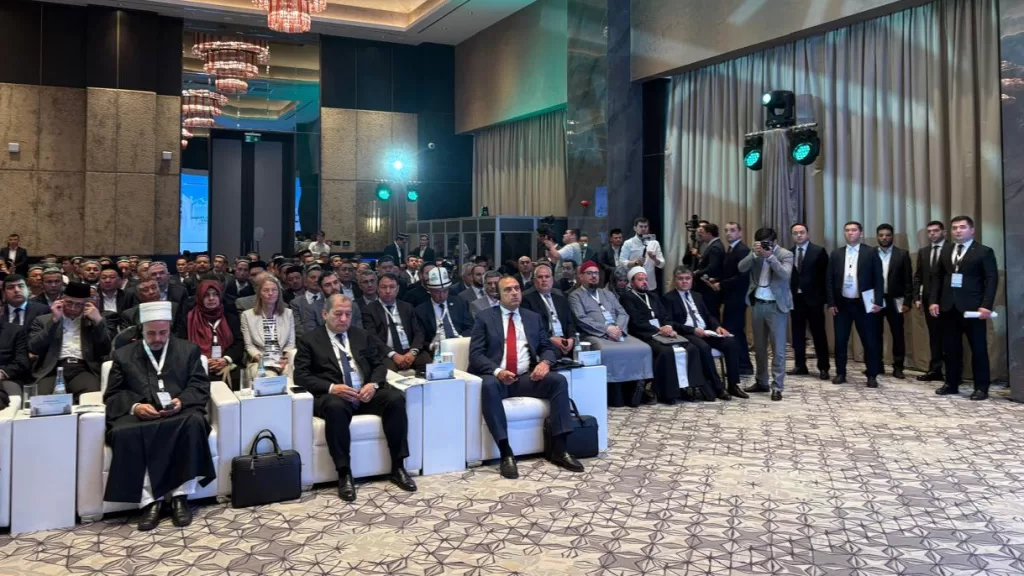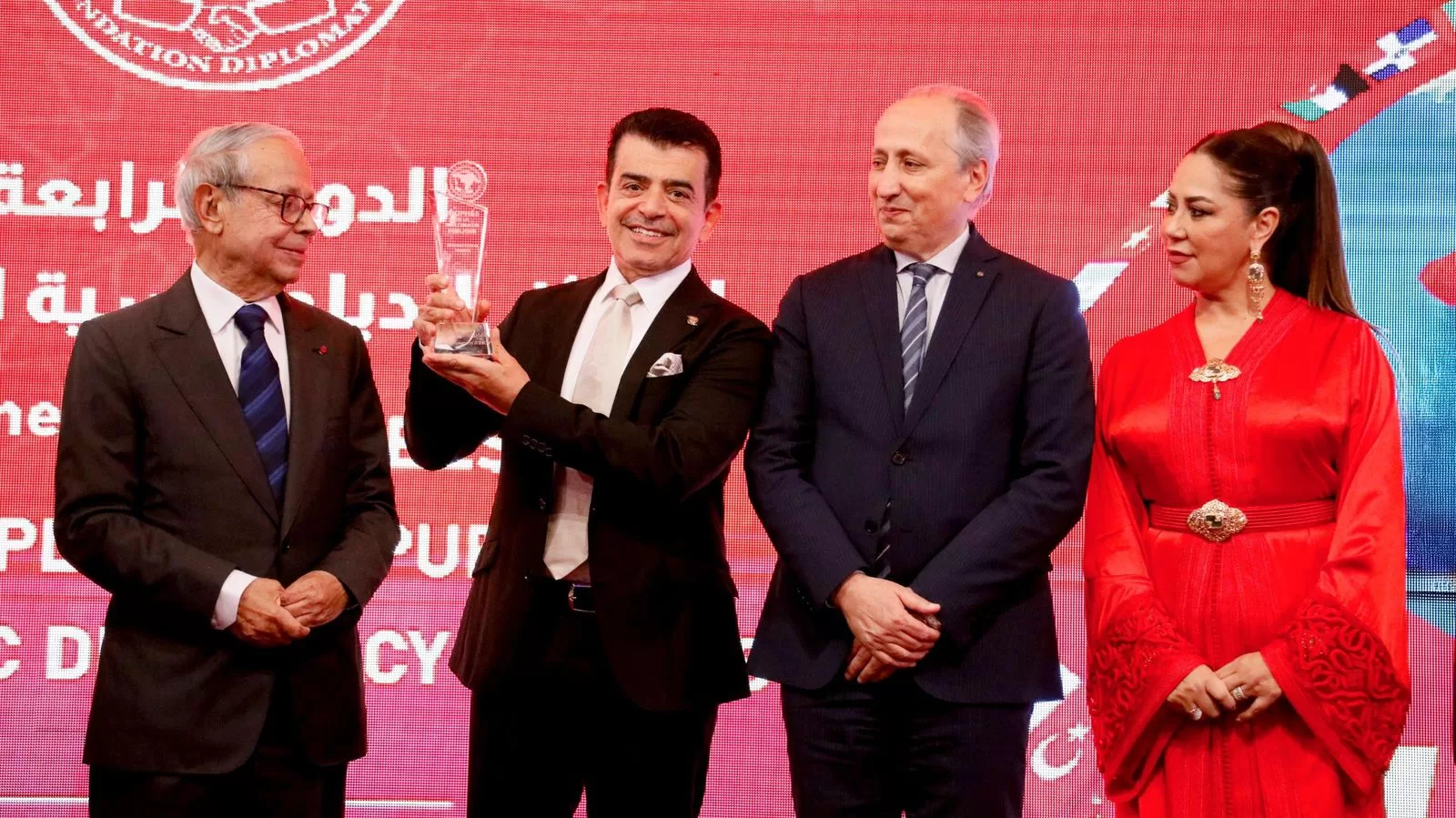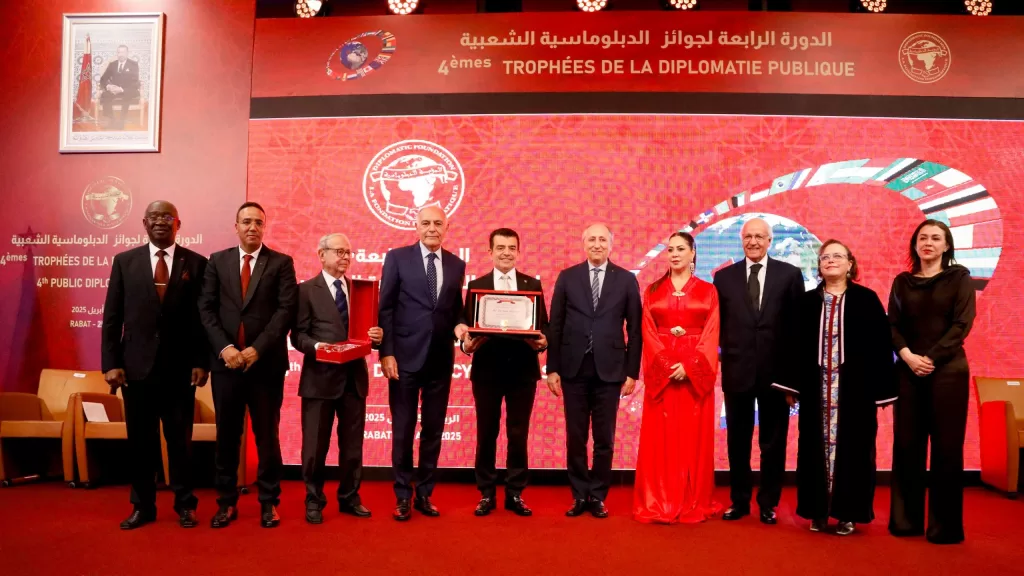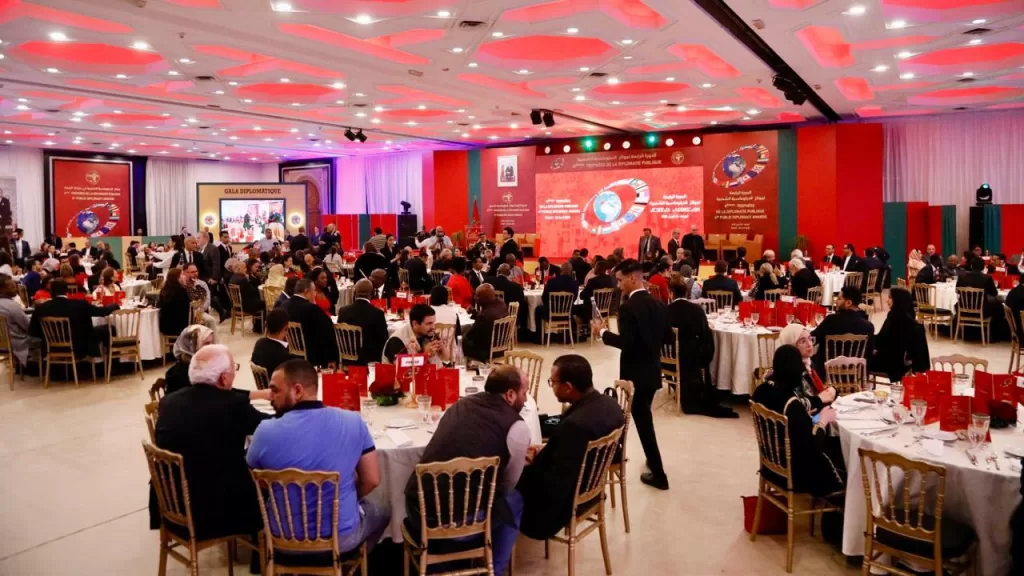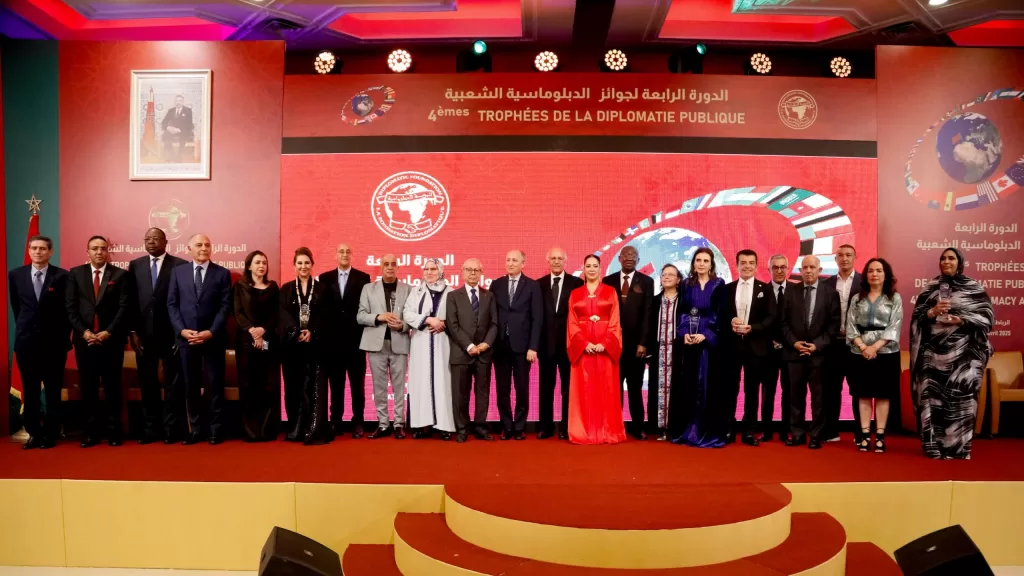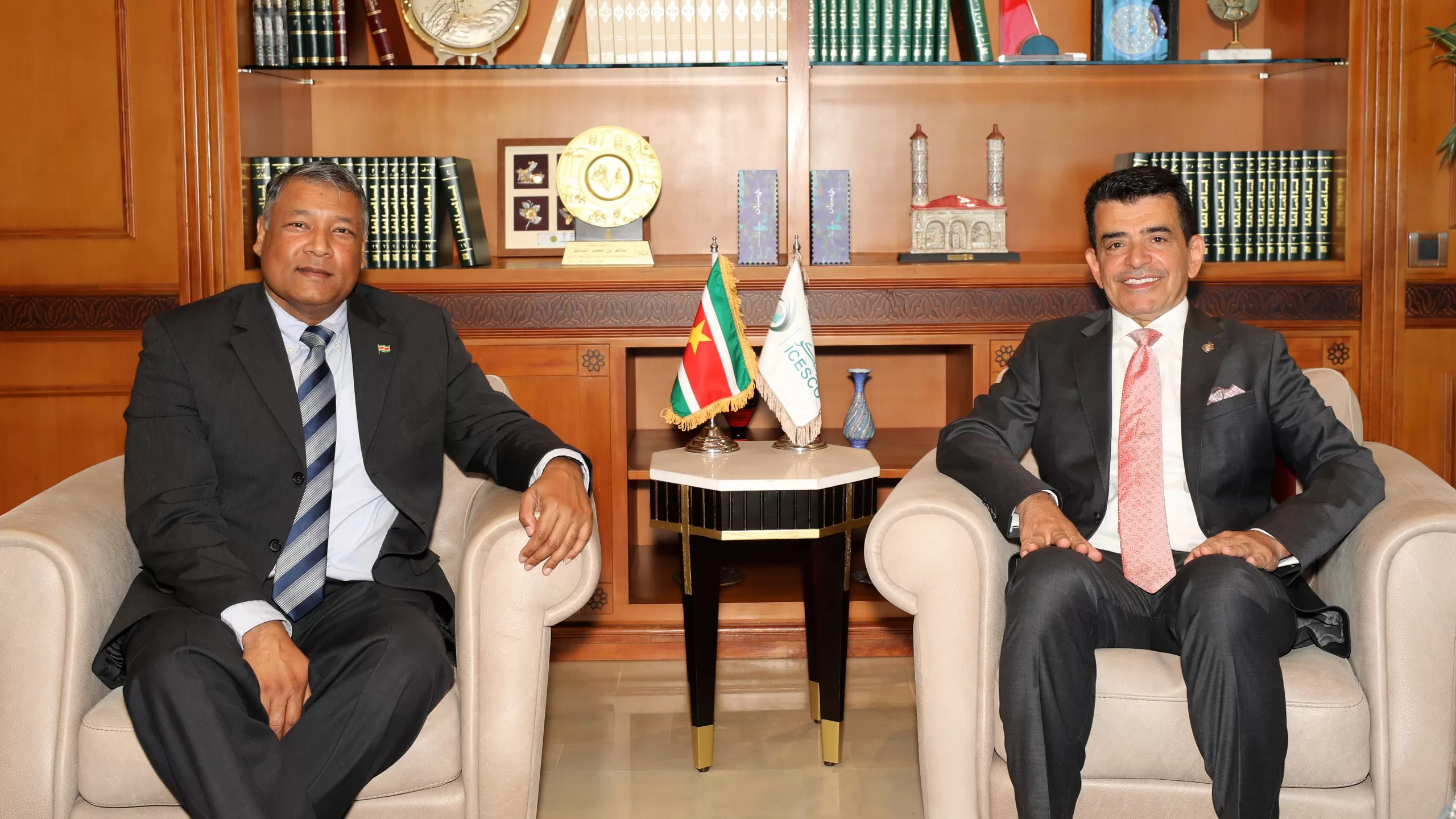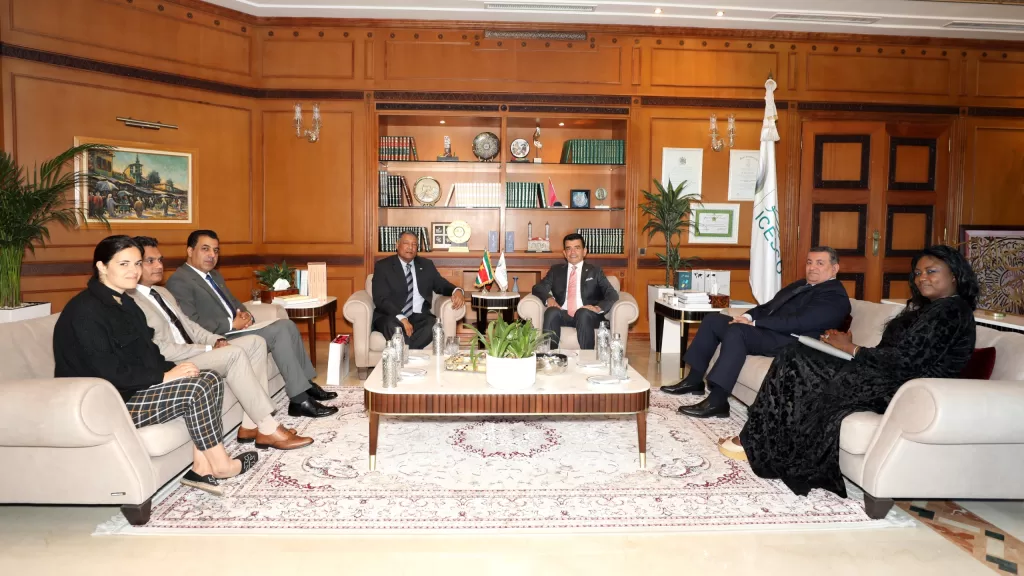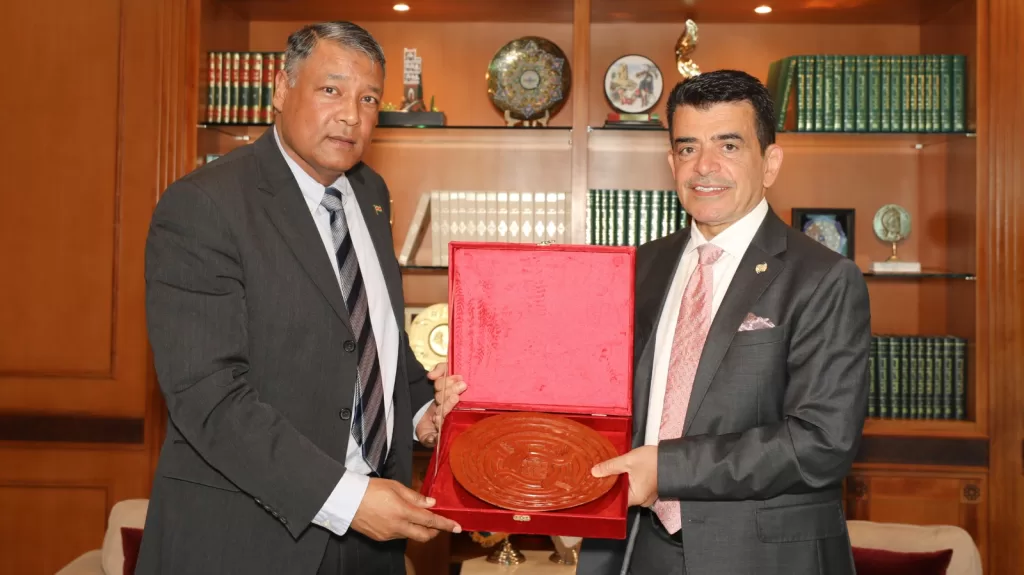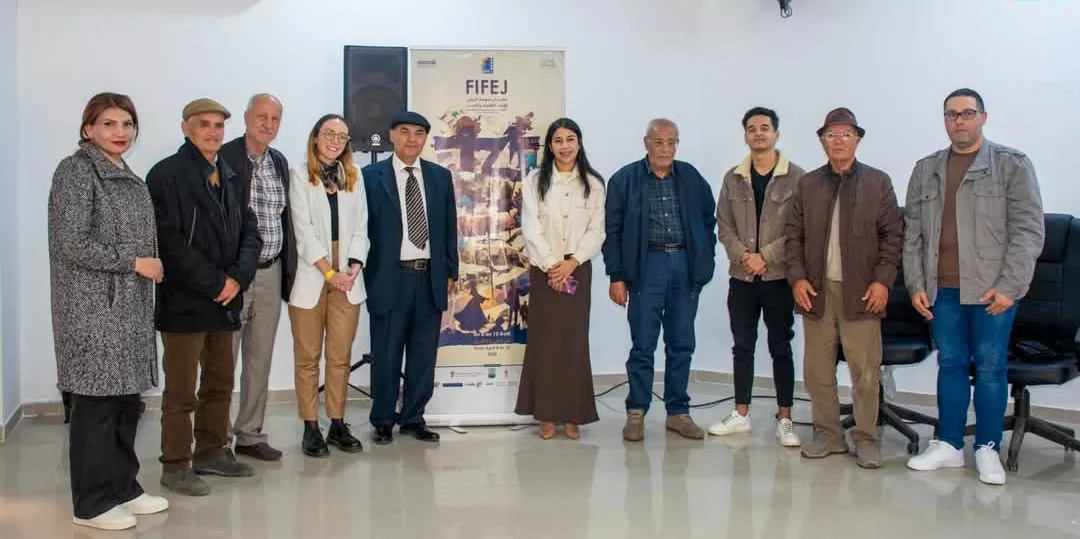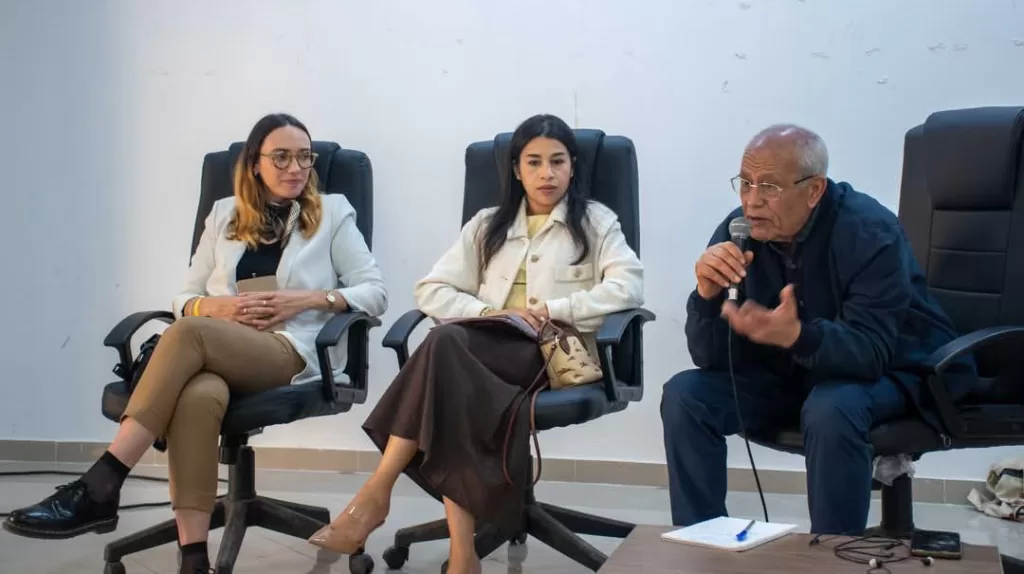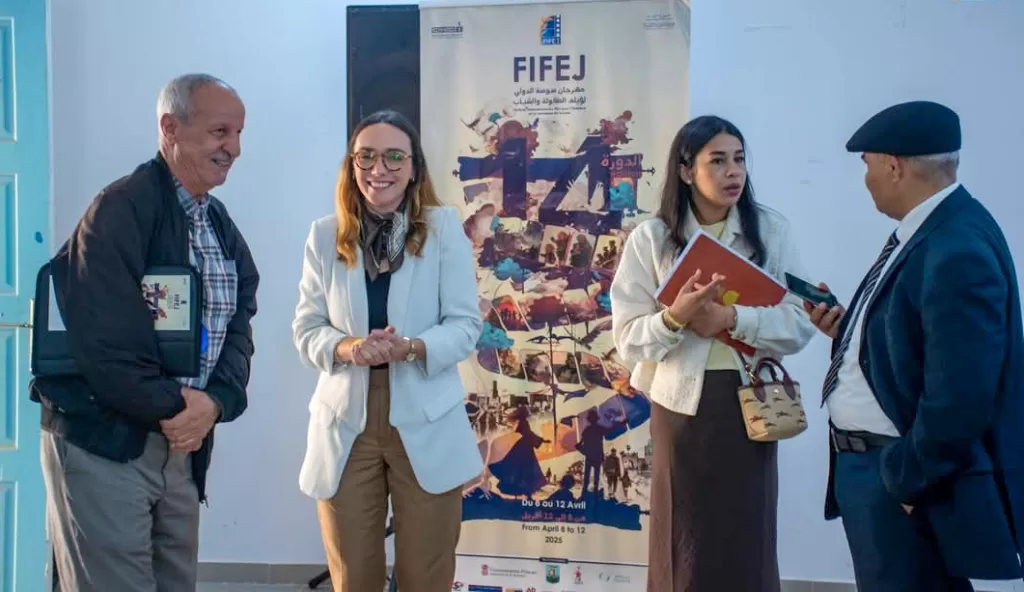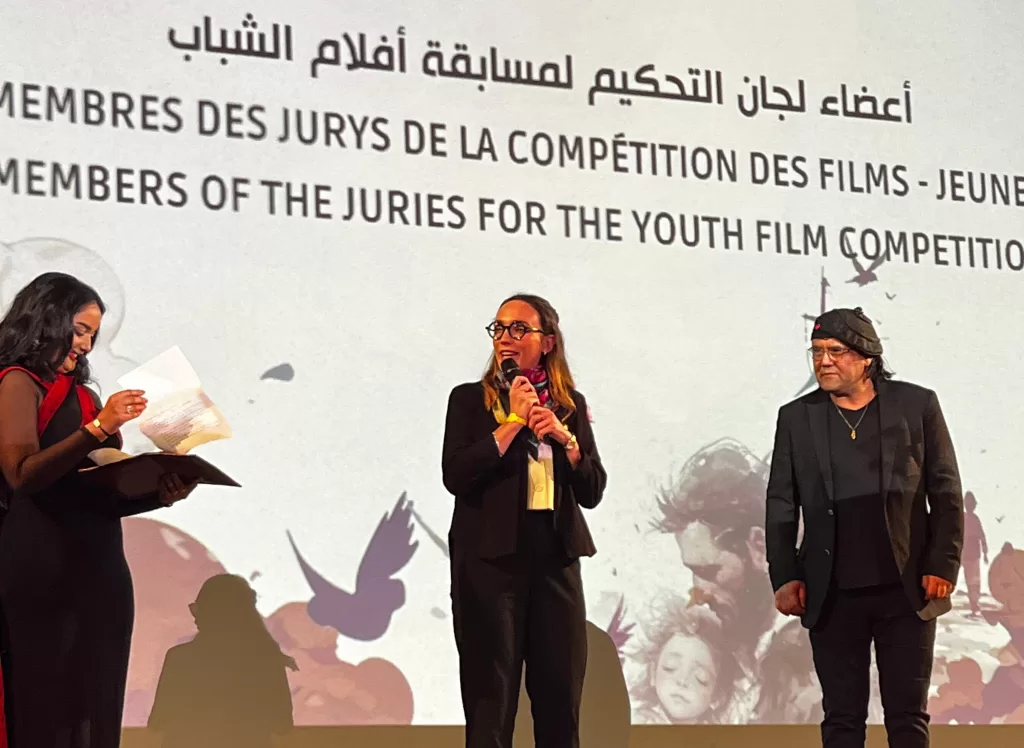Dr. Salim M. AlMalik, Director-General of the Islamic World Educational, Scientific and Cultural Organization (ICESCO), met with Dr. Mohammed Abdulrahman Turko, Syrian Minister of Education, on the sidelines of the 21st edition of the Education World Forum (EWF), held in London, United Kingdom, from May 19 to 22, 2025.
The meeting delved into avenues for supporting the education sector in Syria and explored several proposed initiatives designed to enhance the quality of education and respond to the escalating demands imposed by the country’s complex and evolving challenges.
During the meeting, Dr. AlMalik reviewed ICESCO’s programs and initiatives within its fields of competence, highlighting the Organization’s new vision rooted in openness and international cooperation, as well as its development strategy aimed at capacity building and fostering innovation in its Member States, including Syria. He also expressed his delight at Syria’s reinstated membership in the Organization.
Dr. AlMalik reaffirmed the Organization’s commitment to providing comprehensive support for education in Syria. This includes curriculum development, teacher training, modern technology transfer, as well as mobilizing resources in support of educational institutions, promoting the use of advanced technologies, and assisting in the training of Syrian educational personnel.
For his part, Minister Turko emphasized that schools are a fundamental pillar of societal reconstruction. He stressed the importance of Syria’s engagement with international educational organizations and expressed his country’s contentment with rejoining ICESCO, especially given the Organization’s prominent international standing and leading role in its fields of action. He conveyed Syria’s eagerness to benefit from ICESCO’s expertise to strengthen and rehabilitate the Syrian educational system.
He also revealed alarming statistics concerning the country’s current educational situation: approximately 4.2 million students are enrolled in schools across Syria, while an estimated 2.4 million remain out of school. Furthermore, 8,000 schools are either completely or partially destroyed, with only 103 having been restored so far.
The Minister addressed the key challenges facing the Ministry, particularly the severe shortage of school resources and the expected pressure due to the return of refugees from abroad. He also noted that many returning students, especially from Turkey, received their education in Turkish, necessitating specialized programs to linguistically requalify and integrate them into the Syrian educational system. He affirmed Syria’s willingness to cooperate with ICESCO and benefit from its capabilities and programs to overcome the crises affecting the country’s education system.
At the conclusion of the meeting, both parties stressed the need to resume joint efforts. Minister Turko extended an invitation to Dr. Salim AlMalik to visit Syria. Dr. AlMalik, in turn, confirmed the initiation of a plan to form an ICESCO delegation under his leadership to visit Syria at the earliest opportunity in order to assess educational and cultural needs on the ground and explore mechanisms for providing effective support.

